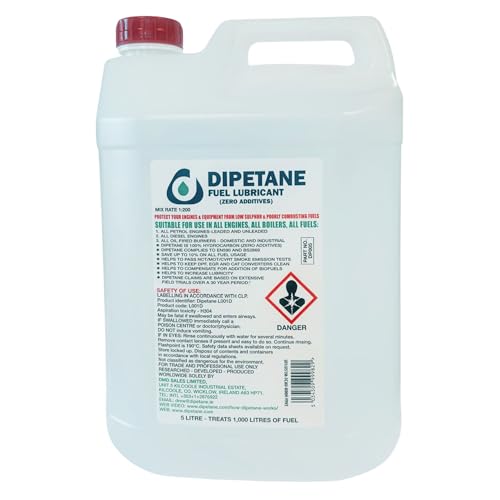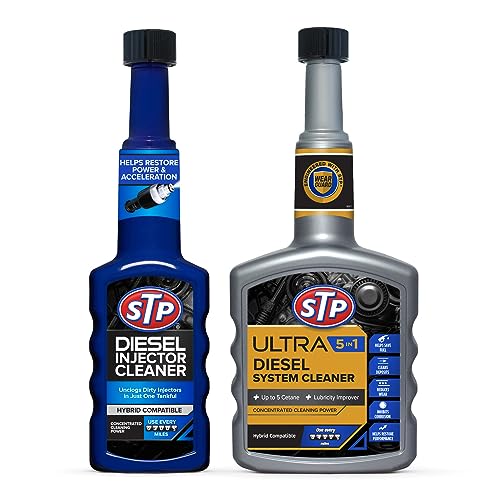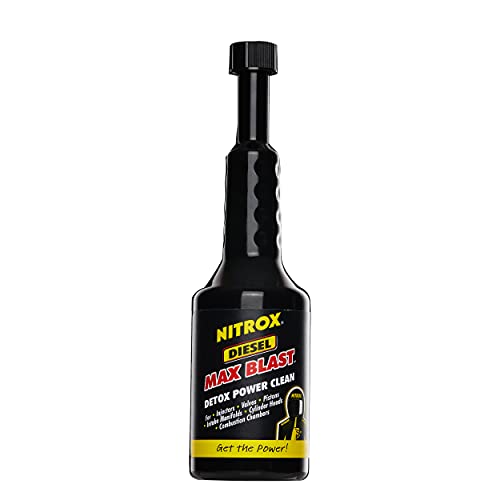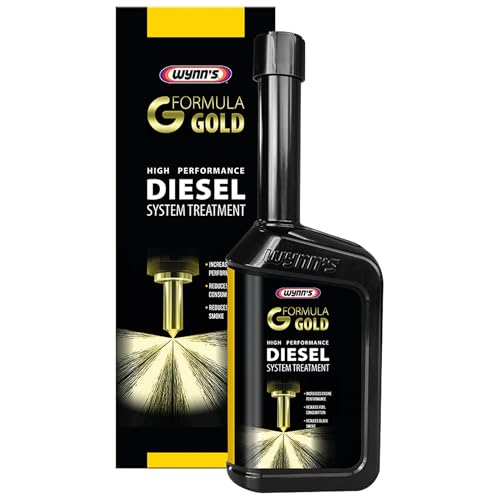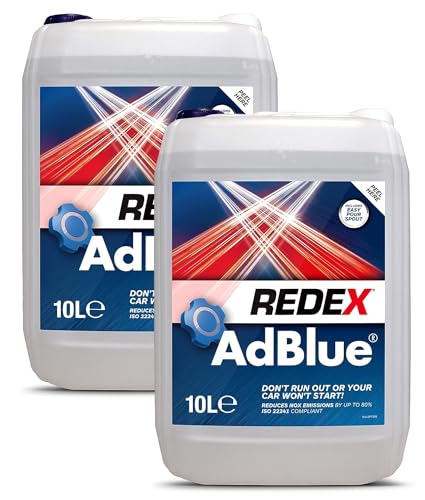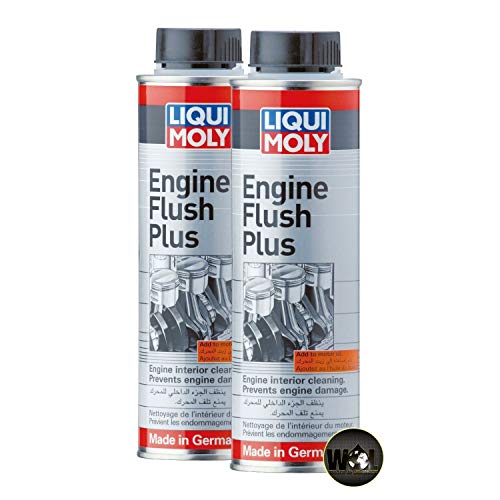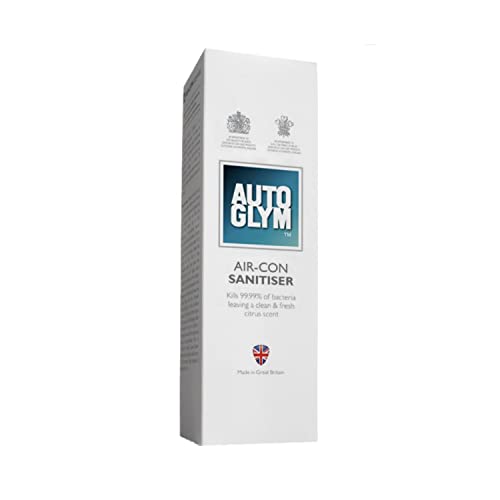Understanding Diesel Fuel Additives: What They Are and How They Work
What Are Diesel Fuel Additives?
Diesel fuel additives are specially formulated chemical agents added to diesel fuel to enhance its performance and protect the engine. Think of them as supplements for your vehicle’s fuel system. They can improve cetane levels, which refers to how easily the fuel ignites. Some additives clean the fuel injectors or improve fuel stability, preventing issues like gelling in colder temperatures.
How Do They Work?
These additives work by interacting with the components of diesel fuel. For instance, a cetane booster raises the fuel’s ignition quality, allowing for better combustion. Cleaning agents dissolve deposits that can build up on the injectors, ensuring a smooth fuel flow. Anti-gel additives change the structure of the fuel when it gets cold, keeping it fluid and preventing it from turning into a gel-like substance.
Benefits of Using Diesel Fuel Additives in Your Vehicle
Improving Fuel Efficiency
One of the key benefits of diesel fuel additives is the potential to enhance fuel efficiency. By ensuring better combustion and reducing engine drag, these additives can help your vehicle go further on each tank of fuel, translating into fewer trips to the pump.
Protecting Your Engine
Using the right diesel fuel additives can protect your engine from wear and tear. They reduce deposits and carbon build-up, which can lead to costly repairs down the line. Furthermore, additives can help prevent moisture accumulation in the fuel, which protects against corrosion and extends the lifespan of your engine components.
Boosting Performance
Additives can give your vehicle a powerful performance boost. With improved ignition and better overall combustion, you’ll notice quicker acceleration and a more responsive engine, making driving more enjoyable.
Choosing the Right Diesel Fuel Additive: Key Factors to Consider
Assess Your Needs
Start by assessing what you want to achieve with a diesel fuel additive. Are you looking primarily for better engine protection, enhanced fuel efficiency, or cleaner performance? Knowing your goals will help narrow down your options.
Read Product Labels
Take the time to read product labels carefully. Look for specific claims about how the additive works, such as enhancing cetane levels or cleaning injectors. Choose a product that aligns well with your vehicle’s requirements and your performance goals.
Vehicle Compatibility
Ensure the additive is compatible with your vehicle’s make and model. Some additives may be designed for specific types of diesel engines or fuel systems. Consulting the owner’s manual can provide clarity on what is best suited for your vehicle.
Applying Diesel Fuel Additives: Tips for Optimal Results
Follow Manufacturer Instructions
For best results, always follow the manufacturer’s instructions regarding how much additive to use and when to apply it. This ensures that you’re getting the optimal dosage for your specific fuel capacity and type.
Timing Your Application
Consider the timing of your additive application. It’s often recommended to add the additive right before fuelling, ensuring it blends thoroughly with the diesel fuel. This maximises the effectiveness when the engine is running.
Regular Maintenance
Incorporate the use of diesel fuel additives into your regular maintenance schedule. Using them consistently can provide long-lasting benefits to engine health and performance, rather than waiting until you notice a problem.
Frequently Asked Questions About Diesel Fuel Additives
How Often Should I Use Diesel Fuel Additives?
The frequency of use can vary depending on the product and your driving habits. Some users apply additives with every tank of fuel, while others opt for a less frequent approach, such as once every few months.
Are Diesel Fuel Additives Safe for My Engine?
Yes, when used as directed, diesel fuel additives are safe for your engine. They are formulated to enhance performance and protect components without causing harm.
Can I Use Additives in Any Diesel Vehicle?
In general, most diesel vehicles can benefit from fuel additives; however, it’s important to check for compatibility with your specific make and model. Always refer to your owner’s manual for guidance.
